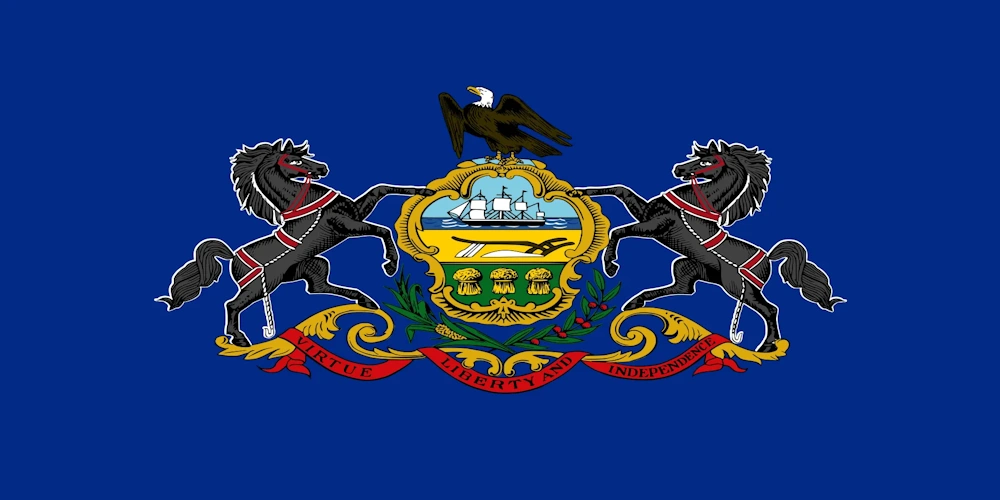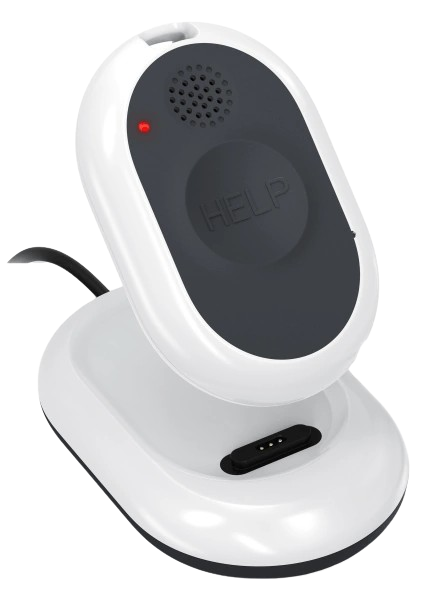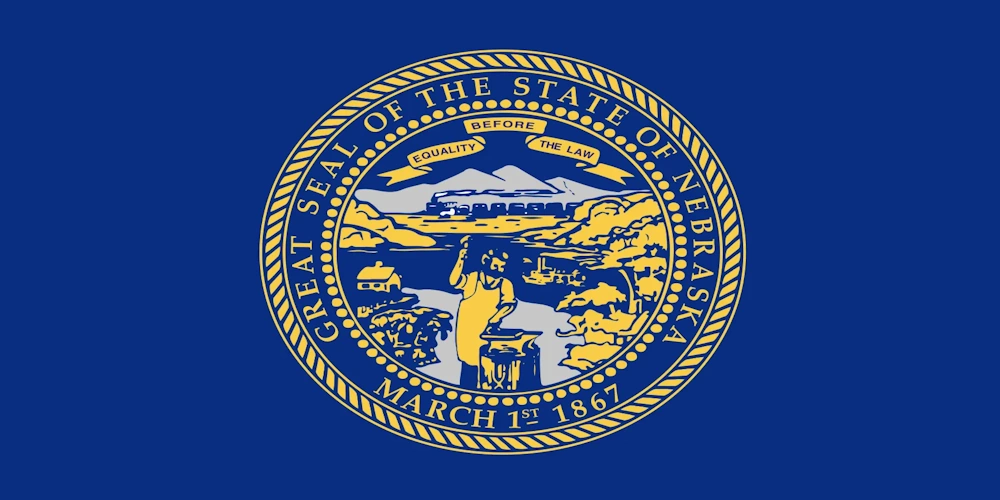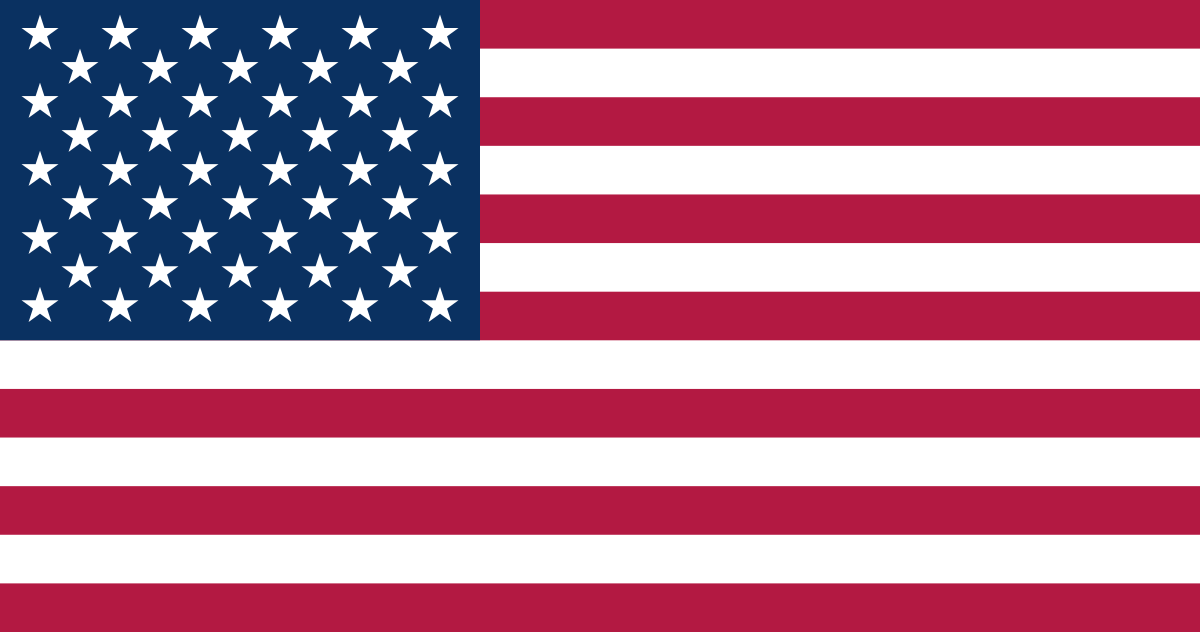Pennsylvania’s workforce spans sectors such as healthcare, energy, agriculture, warehousing, and manufacturing—all of which include roles where employees often work alone. Whether it's a home healthcare nurse, a utility field technician, or a night-shift warehouse worker, those working in isolation face heightened risks. Employers in Pennsylvania have a responsibility to ensure these workers are kept safe, even in the absence of nearby coworkers or supervisors.
Pennsylvania does not operate its own OSHA-approved state occupational safety and health plan. This means that federal OSHA (Occupational Safety and Health Administration) oversees workplace safety in the state for private-sector employees. However, public-sector workers (such as state and local government employees) are not covered by federal OSHA unless specific state-level protections apply.
On This Page
Our Guide To Lone Worker Safety Policy And Legislation In Pennsylvania
With federal OSHA as the primary regulatory authority in Pennsylvania, employers must comply with national standards that apply to all workplaces, including provisions for hazard communication, personal protective equipment, emergency preparedness, and workplace violence prevention. While there is no dedicated lone worker standard under OSHA, the General Duty Clause requires employers to provide a work environment free from recognized hazards—including those that affect workers operating alone.
Employers in Pennsylvania can utilize OSHA’s resources such as safety consultation services, training materials, and compliance guides to help assess and manage risks specific to lone working scenarios.
How Pennsylvania Defines A Lone Worker
Although there is no formal legal definition of “lone worker” under Pennsylvania or federal law, the term generally refers to an individual performing work duties in isolation without direct oversight or immediate assistance. This can apply to workers in both rural and urban settings across various industries.
Examples of lone workers in Pennsylvania include:
- Home healthcare aides and hospice nurses
- Natural gas and oil field inspectors
- Maintenance and janitorial staff on night shifts
- Agricultural workers in remote areas
- Security personnel at private facilities
- Delivery drivers and transportation workers
Understanding who qualifies as a lone worker helps employers take appropriate safety measures tailored to those roles.
Employing A Lone Worker In Pennsylvania
Employers in Pennsylvania must proactively assess the unique risks posed by working alone and implement safeguards accordingly. Though OSHA does not provide a lone worker-specific regulation, failure to address known hazards in isolated work environments may lead to penalties under the General Duty Clause.
Effective strategies for lone worker safety include:
- Hazard Assessments: Conduct risk evaluations for jobs that involve isolation or remote tasks.
- Emergency Response Planning: Create detailed procedures for responding to medical or safety emergencies.
- Communication Systems: Provide lone workers with devices for real-time communication and monitoring.
- Regular Check-Ins: Establish protocols for periodic check-ins or use automated systems to monitor status.
- Worker Training: Ensure lone workers are properly trained to handle emergencies and recognize hazards.
By taking these steps, Pennsylvania employers can maintain a safer working environment and demonstrate their commitment to compliance.
Learn How You Can Protect Your Employees With Loneworker.com

With Loneworker.com you can be equipped with the knowledge and the means to protect your employees and protect your business. Contact us today to learn more about how Loneworker.com can protect you and your employees.
How The Safe Lone Worker App Can Protect Pennsylvania Lone Workers And Employers
The Safe Lone Worker app enhances workplace safety through tools such as panic alerts, GPS tracking, fall detection, and scheduled check-ins. It’s especially valuable for industries like home healthcare, logistics, agriculture, and utility services, where isolation is common.
By integrating the app into daily operations, employers can help reduce risks and streamline OSHA compliance, all while boosting worker confidence and morale.
Pennsylvania Lone Worker Policies
Since Pennsylvania does not operate its own OSHA-approved occupational safety and health program, private-sector employers must follow federal OSHA regulations. Although there are no rules dedicated solely to lone workers, employers remain legally responsible for protecting all employees, including those working in isolation, under the OSHA General Duty Clause.
This guide is for informational purposes only. For official regulations and the most up-to-date guidance, employers should consult OSHA.gov or contact a regional OSHA office in Pennsylvania.
Pennsylvania Lone Worker Resources
OHS Contact Centre
- 1-866-415-8690
CDC / NIOSH
- 800-232-4636

Affordable Monitoring For Lone Workers In Pennsylvania

-
 Monitoring Your Employees' Safety
Monitoring Your Employees' Safety
-
 GPS Tracking And Monitoring
GPS Tracking And Monitoring
-
 Man Down Panic Alerts
Man Down Panic Alerts
-
 24/7 Protection Anywhere
24/7 Protection Anywhere
Lone Worker Legislation
Lone Worker Safety Policies And Legislation By State
-
 Alabama State Safety Policies And Legislation
Alabama State Safety Policies And Legislation
-
 Alaska State Safety Policies And Legislation
Alaska State Safety Policies And Legislation
-
 Arizona State Safety Policies And Legislation
Arizona State Safety Policies And Legislation
-
 Arkansas State Safety Policies And Legislation
Arkansas State Safety Policies And Legislation
-
 California State Safety Policies And Legislation
California State Safety Policies And Legislation
-
 Colorado State Safety Policies And Legislation
Colorado State Safety Policies And Legislation
-
 Connecticut State Safety Policies And Legislation
Connecticut State Safety Policies And Legislation
-
 Delaware State Safety Policies And Legislation
Delaware State Safety Policies And Legislation
-
 Florida State Safety Policies And Legislation
Florida State Safety Policies And Legislation
-
 Georgia State Safety Policies And Legislation
Georgia State Safety Policies And Legislation
-
 Hawaii State Safety Policies And Legislation
Hawaii State Safety Policies And Legislation
-
 Idaho State Safety Policies And Legislation
Idaho State Safety Policies And Legislation
-
 Illinois State Safety Policies And Legislation
Illinois State Safety Policies And Legislation
-
 Indiana State Safety Policies And Legislation
Indiana State Safety Policies And Legislation
-
 Iowa State Safety Policies And Legislation
Iowa State Safety Policies And Legislation
-
 Kansas State Safety Policies And Legislation
Kansas State Safety Policies And Legislation
-
 Kentucky State Safety Policies And Legislation
Kentucky State Safety Policies And Legislation
-
 Louisiana State Safety Policies And Legislation
Louisiana State Safety Policies And Legislation
-
 Maine State Safety Policies And Legislation
Maine State Safety Policies And Legislation
-
 Maryland State Safety Policies And Legislation
Maryland State Safety Policies And Legislation
-
 Massachusetts State Safety Policies And Legislation
Massachusetts State Safety Policies And Legislation
-
 Michigan State Safety Policies And Legislation
Michigan State Safety Policies And Legislation
-
 Minnesota State Safety Policies And Legislation
Minnesota State Safety Policies And Legislation
-
 Mississippi State Safety Policies And Legislation
Mississippi State Safety Policies And Legislation
-
 Missouri State Safety Policies And Legislation
Missouri State Safety Policies And Legislation
-
 Montana State Safety Policies And Legislation
Montana State Safety Policies And Legislation
-
 Nebraska State Safety Policies And Legislation
Nebraska State Safety Policies And Legislation
-
 Nevada State Safety Policies And Legislation
Nevada State Safety Policies And Legislation
-
 New Hampshire State Safety Policies And Legislation
New Hampshire State Safety Policies And Legislation
-
 New Jersey State Safety Policies And Legislation
New Jersey State Safety Policies And Legislation
-
 New Mexico State Safety Policies And Legislation
New Mexico State Safety Policies And Legislation
-
 New York State Safety Policies And Legislation
New York State Safety Policies And Legislation
-
 North Carolina State Safety Policies And Legislation
North Carolina State Safety Policies And Legislation
-
 North Dakota State Safety Policies And Legislation
North Dakota State Safety Policies And Legislation
-
 Ohio State Safety Policies And Legislation
Ohio State Safety Policies And Legislation
-
 Oklahoma State Safety Policies And Legislation
Oklahoma State Safety Policies And Legislation
-
 Oregon State Safety Policies And Legislation
Oregon State Safety Policies And Legislation
-
 Pennsylvania State Safety Policies And Legislation
Pennsylvania State Safety Policies And Legislation
-
 Rhode Island State Safety Policies And Legislation
Rhode Island State Safety Policies And Legislation
-
 South Carolina State Safety Policies And Legislation
South Carolina State Safety Policies And Legislation
-
 South Dakota State Safety Policies And Legislation
South Dakota State Safety Policies And Legislation
-
 Tennessee State Safety Policies And Legislation
Tennessee State Safety Policies And Legislation
-
 Texas State Safety Policies And Legislation
Texas State Safety Policies And Legislation
-
 Utah State Safety Policies And Legislation
Utah State Safety Policies And Legislation







